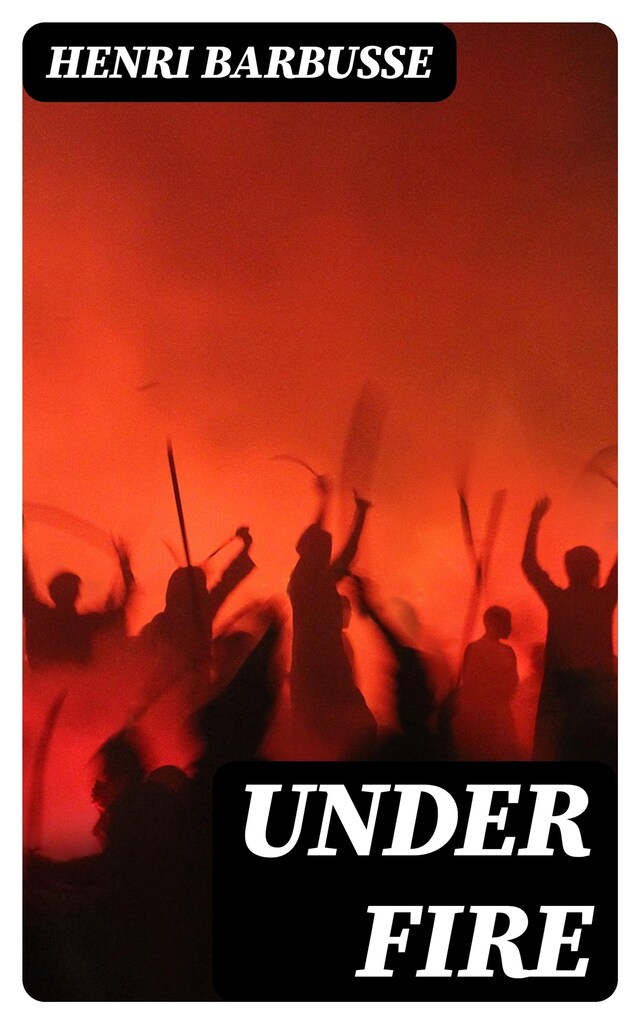Under Fire
Description of book
Henri Barbusse's seminal work, "Under Fire", provides a harrowing and immersive account of World War I from the perspective of the soldiers entrenched in the brutal reality of warfare. Written in a stark, unadorned literary style that echoes the immediacy of the battlefield, Barbusse's narrative exposes the psychological and physical toll of combat. The book resonates deeply within the literary context of war literature, positioning itself among the early anti-war novels that challenged romantic notions of heroism. Through vivid imagery and raw prose, Barbusse captures the chaos and camaraderie of soldiers, while exposing the profound disillusionment that accompanies the horrors of war. Adorned with a personal touch, Barbusse was himself a soldier in the Great War, and his experiences immeasurably influenced his writing. This authenticity is complemented by his political convictions, particularly his anti-militaristic stance and socialist ideals, which shaped his perception of the relentless brutality of conflict. Barbusse's journaling during the war, as well as his interactions with other soldiers, provide a foundation for the intimate, yet universal, themes explored in this powerful narrative. "Under Fire" is essential reading for those seeking to understand the psychological complexities of war and its impact on the human condition. Barbusse's poignant exploration of fear, friendship, and the loss of innocence transcends time, making it a crucial text for both literary scholars and general readers alike. Its unflinching portrayal of the soldier's experience invites reflection on the timeless consequences of warfare.
 Henri Barbusse
Henri Barbusse 377 Pages
377 Pages